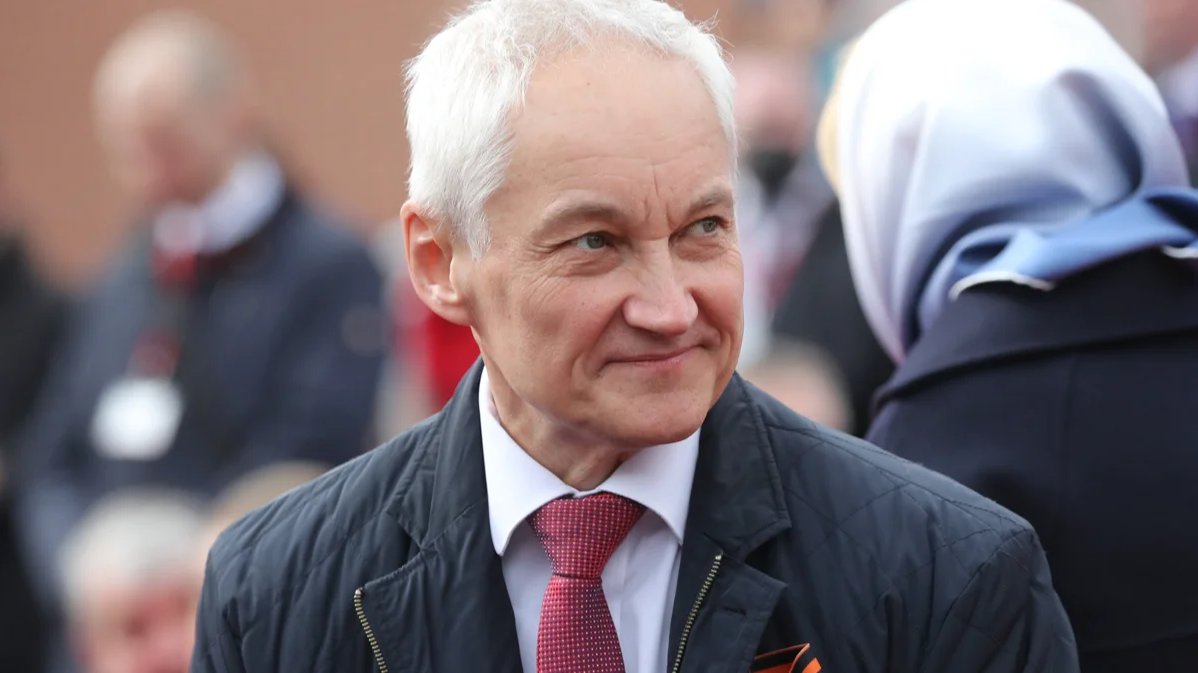Vladimir Putin appointed economist Andrey Belousov, a little-known first deputy prime minister, to be his new defence minister on Sunday. For the past four years, Belousov, a civilian with no military connections, has been tasked with balancing the government’s books. Novaya Gazeta Europe spoke to military analysts and army sources in an attempt to predict what effect these changes at the top of Russia’s military-industrial complex could mean for the war in Ukraine.
Fixing what’s broke
“The name Andrey Belousov means almost nothing to specialists in the field,” military analyst Kirill Mikhailov told Novaya Europe. “He was most likely appointed to fix the Russian Defence Ministry, where problems have piled up under [former Defence Minister] Sergey Shoigu.”
The Russian military-industrial complex is struggling to keep the army supplied, with some units forced in the absence of infantry fighting vehicles or tanks to use trucks and vehicles that are ill-suited to conditions at the front, Mikhailov says. “It’s not all that clear how the new minister will be able to solve the problem. Perhaps he’ll aim to ramp up production and purchase more materiel from China. But it remains to be seen whether it’ll be possible to expedite the supply of arms to troops. The military-industrial complex is in emergency mode as it is,” Mikhailov added.
“Shoigu oversaw a system of corruption centred on military-industrial tenders,” says a Russian military expert who asked not to be named. “All major orders went to corporations controlled by Putin’s friends. I don’t see how Belousov can force the CEO of state-owned defence conglomerate Rostec, Sergey Chemezov, to reduce the cost of tanks and other equipment, which are currently bought and sold … at above cost price. Reducing costs means reducing the profits of companies within the military-industrial complex, which their owners won’t like. Nobody knows how much power the new defence minister will have to temper the greed of the country’s ever-hungry large arms manufacturers.”
“In my opinion, appointing a civilian as defence minister during a protracted war is a big mistake,” says a retired colonel general, who wanted to remain anonymous. “Whatever anyone says, a modern army in any country is a fairly tight-knit community. The generals all know each other: … When you know someone, you know what to expect in a particular situation.”
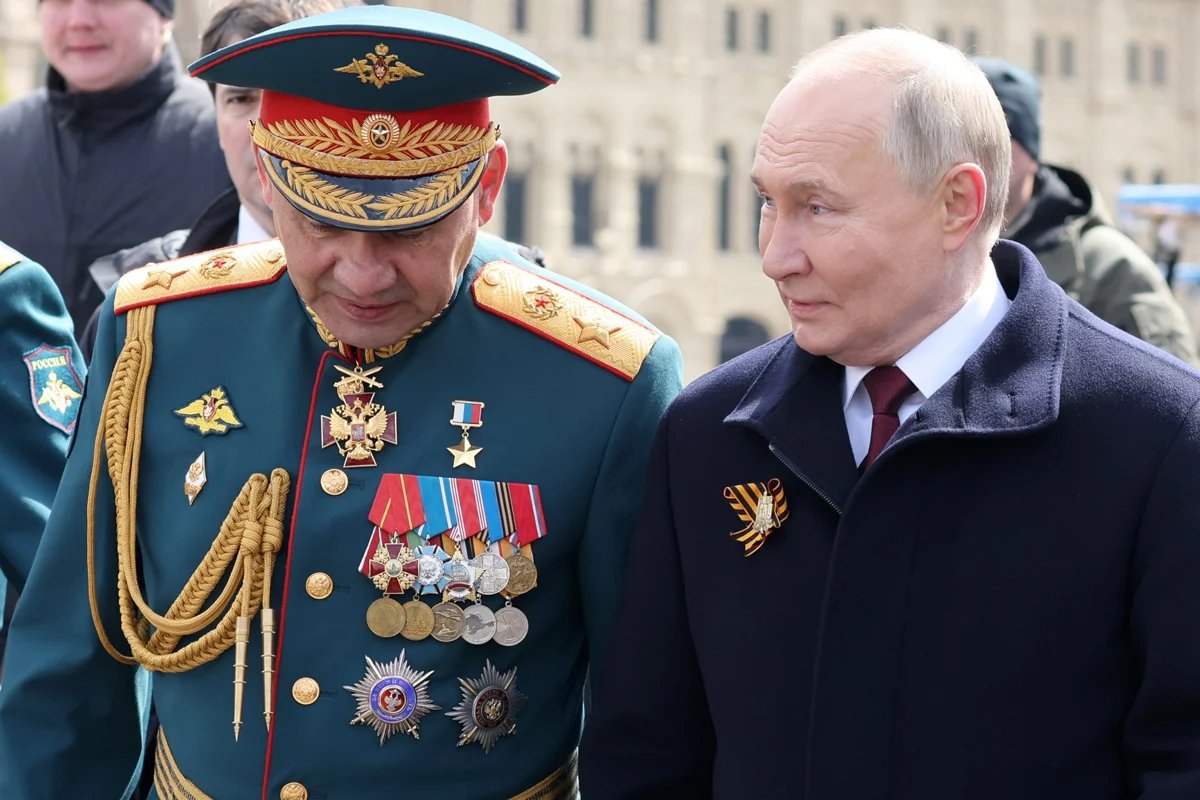
Sergey Shoigu and Vladimir Putin at the Victory Day military parade in Moscow, 9 May 2024. Photo: Mikhail Klementyev / Sputnik / Kremlin / EPA-EFE
The military expert also said that a full-scale audit of the defence sector would uncover huge outstanding debts and reveal the mass embezzlement of public funds, leading to criminal charges. That definitely won’t be music to the ears of the generals and managers responsible for weapons procurement who all receive kickbacks when placing orders. The expert said that manufacturers and generals have developed corrupt relationships in recent years, if not decades, and that Shoigu’s team included clans earning billions of rubles by stealing from the state.
Ill-prepared army
“The military operation in Ukraine has revealed the many shortcomings of the modern Russian army,” says Lieutenant General Romanovsky — not his real surname — a teacher at a Russian military university. “It seems the Kremlin and the army were counting on a sort of blitzkrieg and troops meeting little to no organised resistance in Ukraine, but the Russian army did meet resistance and it wasn’t ready for it. First, this was due to a lack of ammunition, which ran out quickly. Sergey Shoigu organised an urgent transfer of ammunition from Siberia and the Russian Far East and switched military factories to emergency mode and supply problems were resolved within weeks. But by that time, the tactical advantage had already been lost and the Russian army began losing territories it had seized.”
“In my opinion, appointing a civilian as defence minister during a protracted war is a big mistake,” says a retired colonel general, who wanted to remain anonymous. “Whatever anyone says, a modern army in any country is a fairly tight-knit community. The generals all know each other: … When you know someone, you know what to expect in a particular situation.”
“How is non-military Shoigu any better than non-military Belousov? Troops found Shoigu risible. All he did for 12 years was burnish his reputation and ensure he enjoyed a high approval rating. The only thing that did well under him was corruption.”
The retired colonel general said Shoigu was a good peacetime minister, but incompetent as commander-in-chief, adding that a defence minister had to be able to implement the president’s global strategy and develop tactical plans to that end. A minister didn’t necessarily have to be an expert in all areas of military strategy, but should aim to employ those capable of carrying out such orders, he added.
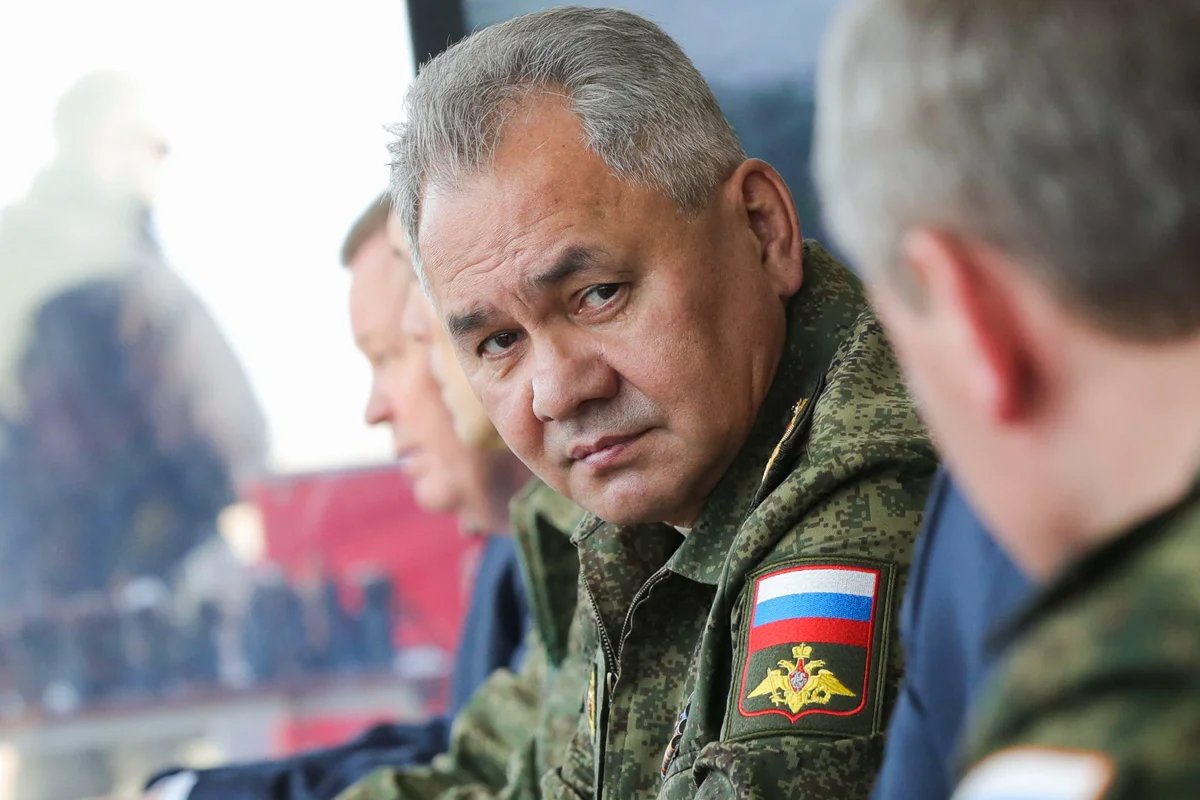
Sergey Shoigu. Photo: Mikhail Klementyev / Sputnik / Kremlin / EPA-EFE
Stagnation
“First, there’ll be a period of stagnation as Shoigu’s team leaves and new people take up their posts,” Yan Matveyev, a military analyst working with the late opposition politician Alexey Navalny’s Anti-Corruption Foundation, told Novaya Europe. “This will make the ministry even less efficient at a critical time. Belousov is an economist and there is nothing wrong with appointing a civilian as defence minister. However, in Russia, the defence minister is much more involved in military matters and being a military commander is a large part of the role. Belousov has no experience and doesn’t know the army, whereas Shoigu worked in national security long before the war. He now needs to build up a relationship with various military officials and generals from scratch.”
Matveyev says the Russian army will be weakened by further reshuffles in the short term. But the consequences of Belousov’s appointment will only become clear in a few months, especially in light of the fact that an economist heading the Defence Ministry could be a significant step towards the economy being placed on a war footing. It could also indicate a long war, with Putin signalling once again that he is ready to fight to the death.
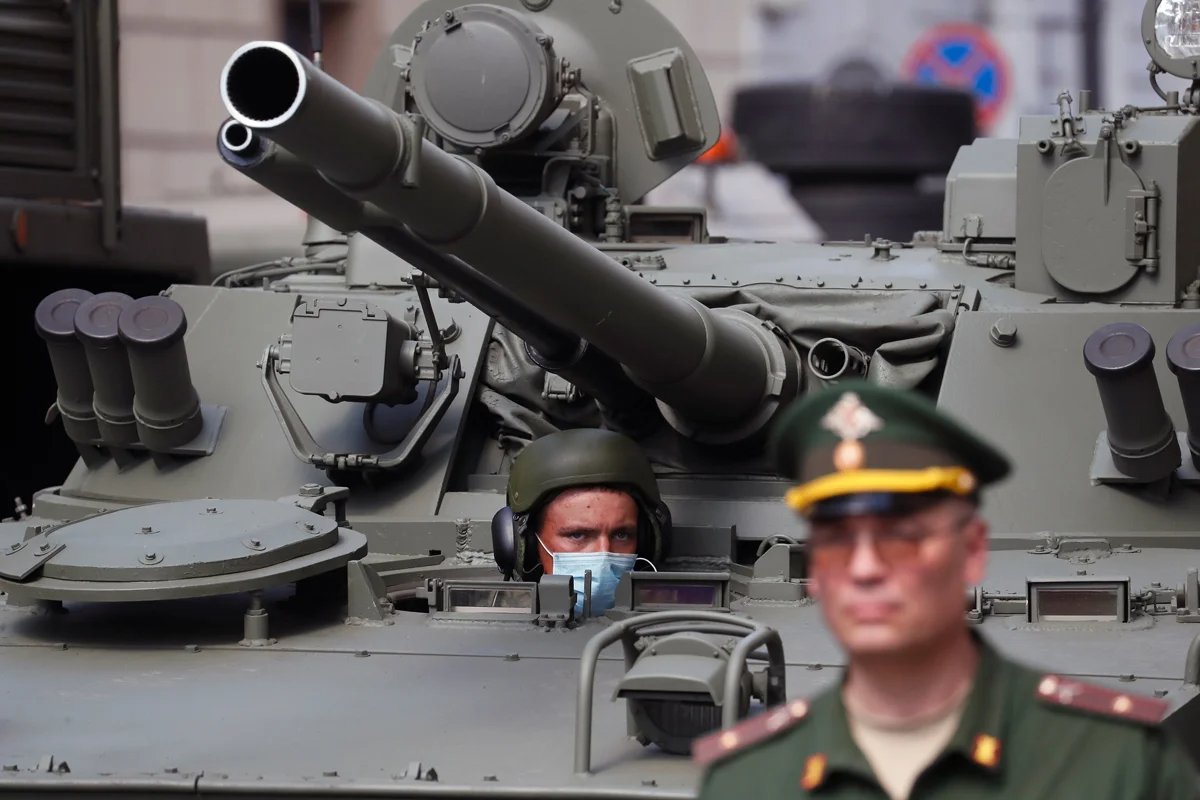
Russian servicemen rehearsing for a military parade on Palace Square in St. Petersburg on 18 June 2020. Photo: Anatoly Maltsev / EPA-EFE
PR and approval ratings
Over the decades the Defence Ministry has built an all-pervasive bureaucratic system based on false reporting to superiors, according to Mikhailov, who argues this leads to inaccurate assessments, poor decision-making and inappropriate orders being issued. Quite how Belousov plans to combat a phenomenon that is so ingrained into the ministry’s fabric remains unclear, Mikhailov added.
“As [Kremlin spokesperson] Dmitry Peskov has announced that Valery Gerasimov will remain head of the General Staff of the Russian Armed Forces, it seems there won’t be serious changes in how military action is prepared for and carried out,” says Mikhailov. “There is no obvious way to restructure the army from a force prepared for a small-scale victorious campaign to one capable of large-scale and protracted action in a war of attrition. It all now depends on the team Belousov can build to update the way the ministry works.”
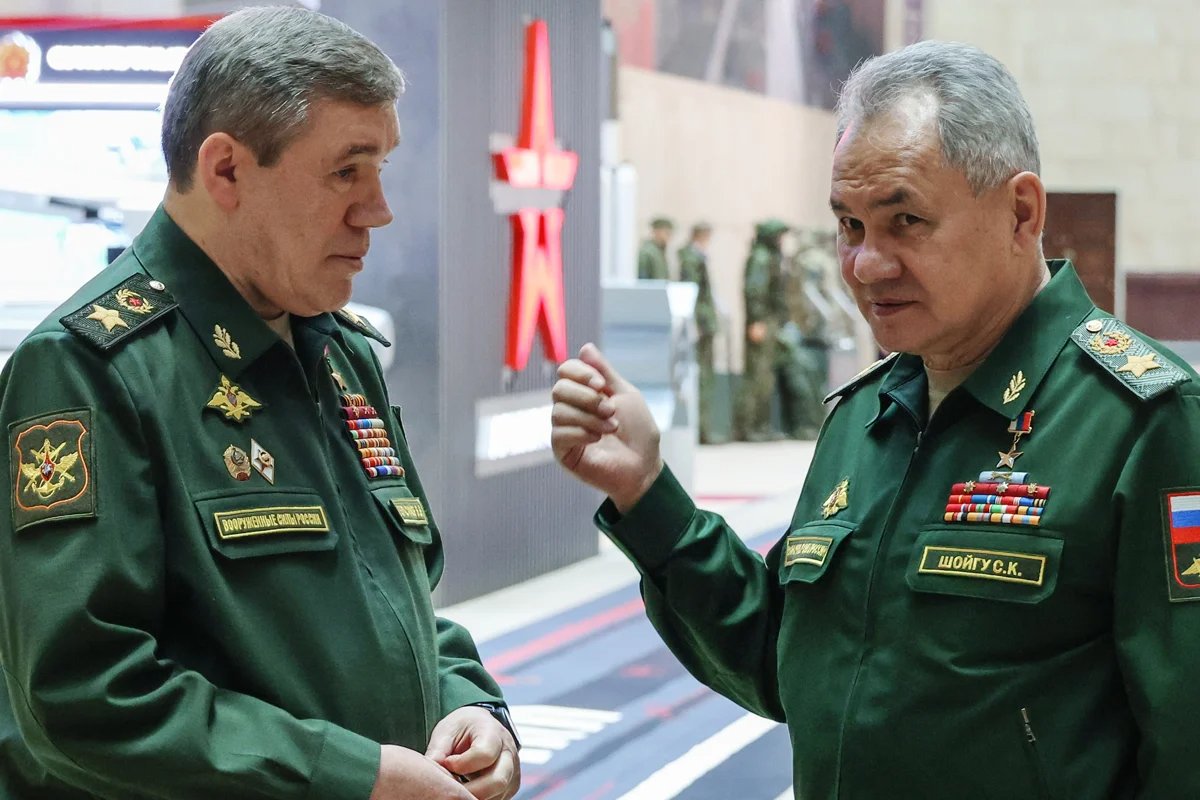
Sergey Shoigu and Valery Gerasimov. Photo: Mikhail Klementyev / Sputnik / Kremlin / EPA-EFE
A mid-level commander who agreed to speak to us anonymously agreed that the reshuffle would not affect the war as strategic decisions remain the purview of the General Staff, adding that Shoigu had for a long time had no influence on how the war was fought.
“How is non-military Shoigu any better than non-military Belousov? Troops found Shoigu risible. All he did for 12 years was burnish his reputation and ensure he enjoyed a high approval rating. The only thing that did well under him was corruption. They say Belousov will fight theft and graft in the army, but it’s unclear how. The officers are used to a system where they earn money which they have to share with those above them. We’re talking about millions of rubles each company pays when anyone asks for leave, is wounded, receives a commendation, or humanitarian aid is sold,” he continued.
Matveyev adds that “nobody in Putin’s government will fight corruption. Corruption is the glue that holds the whole system together. Not everyone can steal on the scale of Shoigu. Belousov might not be as good at it as him. Yes, in the short term, he might be able to stop the most brazen theft we saw on Shoigu’s watch, but things will return to normal eventually,” he continued.
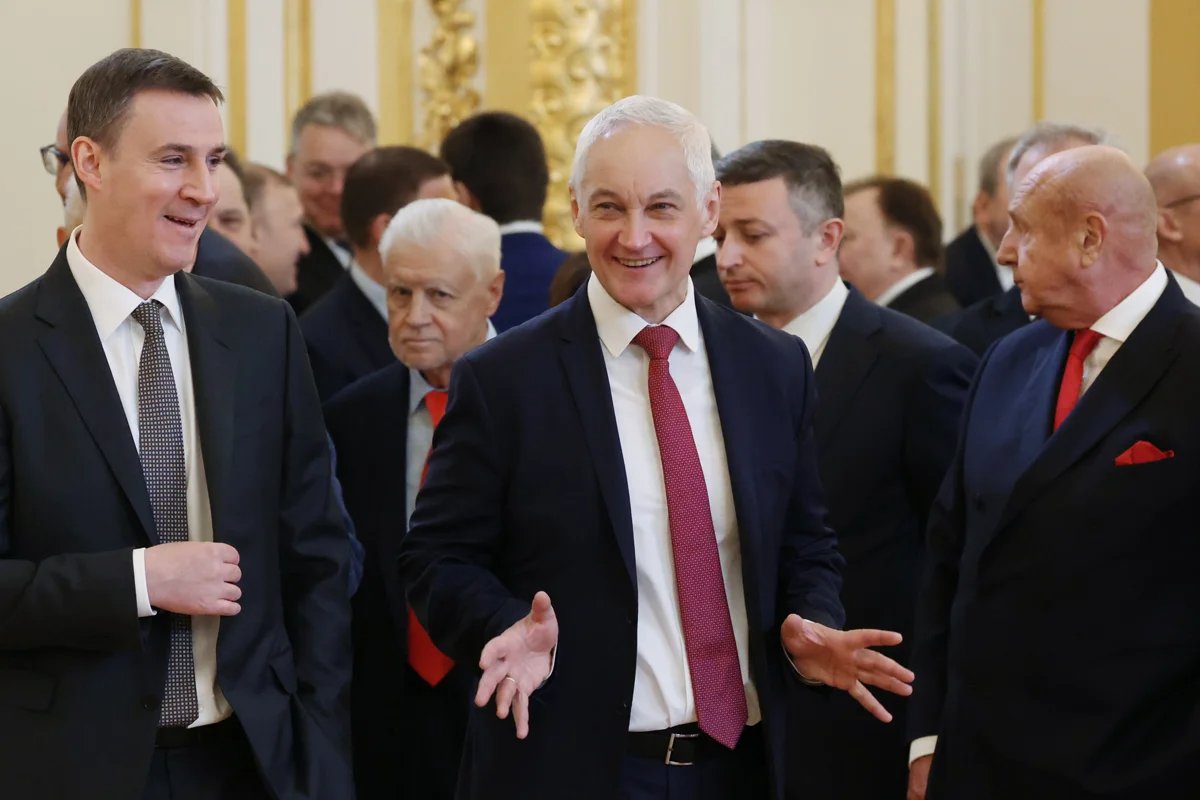
Andrey Belousov (centre) at Putin’s inauguration ceremony in the Kremlin, 7 May 2024. Photo: Vyacheslav Prokopyev / Sputnik / Kremlin / EPA-EFE
Crisis management
“I agree that the crisis in the Russian army has been caused by many factors, including abuse of the military budget,” says the retired colonel general who wished to remain anonymous. “Belousov should be able to restore order when it comes to money, but money doesn’t win wars, at least, not a war like the one in Ukraine. That’s why I’m sure the new minister is just a crisis manager. He’ll keep the company — in this case, the army — afloat, get the finances in order, but someone else will be responsible for real combat operations in the conflict zone, someone with combat, not economic, experience.”
“I am sure both Putin and Shoigu himself were surprised at the levels of theft,” says Lieutenant General Romanovsky. “But theft isn’t to blame for all the army’s ills. Sergey Shoigu is a great manager and organiser, but he isn’t a military man, so he overlooked many common problems armies often face, or just didn’t realise their significance.”
